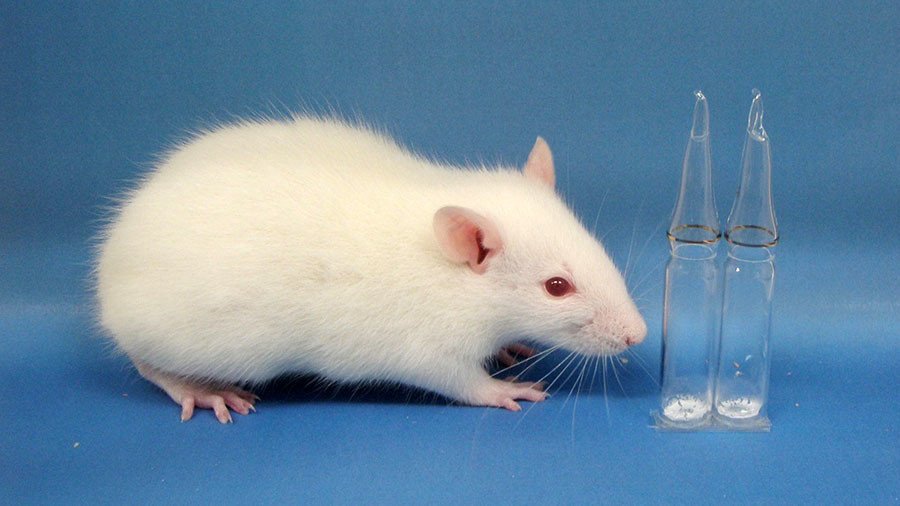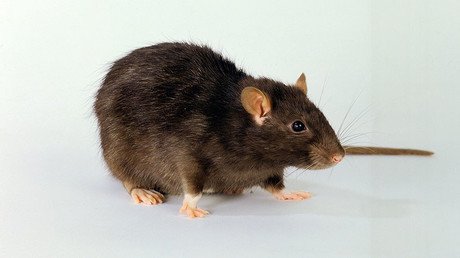Mystery protein may be key to how memories are created

New research has discovered that a specific protein could play a key role in how we create memories.
Making memories subtly changes the brain structures. This is because learning and memory are the result of the relentless modification of synapses in the brain.
The long-term changes involved in this process are encoded in the so-called messenger RNA which is created in the brain’s neurons, the basic building blocks of the central nervous system.
The RNA is transported from the neuron’s nucleus to the appropriate synapses, where it performs its job “on site.”
A previous study showed that the RNA-binding protein Staufen2 plays a key role in transporting the messenger RNAs to their destinations. However, the effect this has on learning has been little understood before now.
A new study published in the journal Genome Biology has shed new light on the issue.
The researchers used specially developed rats to test the effects of reduced levels of Staufen2 on memory.
READ MORE: ‘Like magic’: Scientists find way to make old human cells young again
After limiting the amount of Staufen2 going to the rats’ brains, they subjected them to behavioral tests which revealed a marked negative impact on their memory.
The rats were given a variety of tasks, such as finding their way through a maze they had previously visited.
The creatures with the reduced Staufen2 were much slower escaping then the control group, indicating an effect on their spatial working memory.
“Overall, long-term memory continues to function, and the rats remain capable of learning how to find a food source, for instance,” one of the researchers Michael Kiebler explained in a statement.
“But when the mutants are asked to recall what they have learned after longer periods of time, their performance is significantly worse than wild-type animals.”













